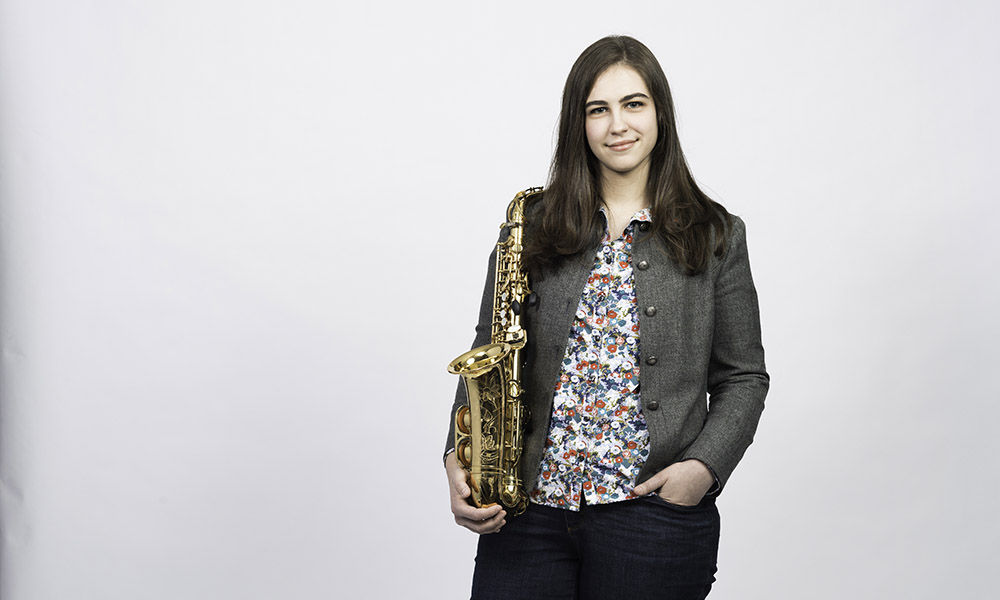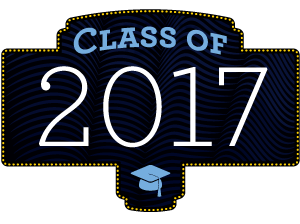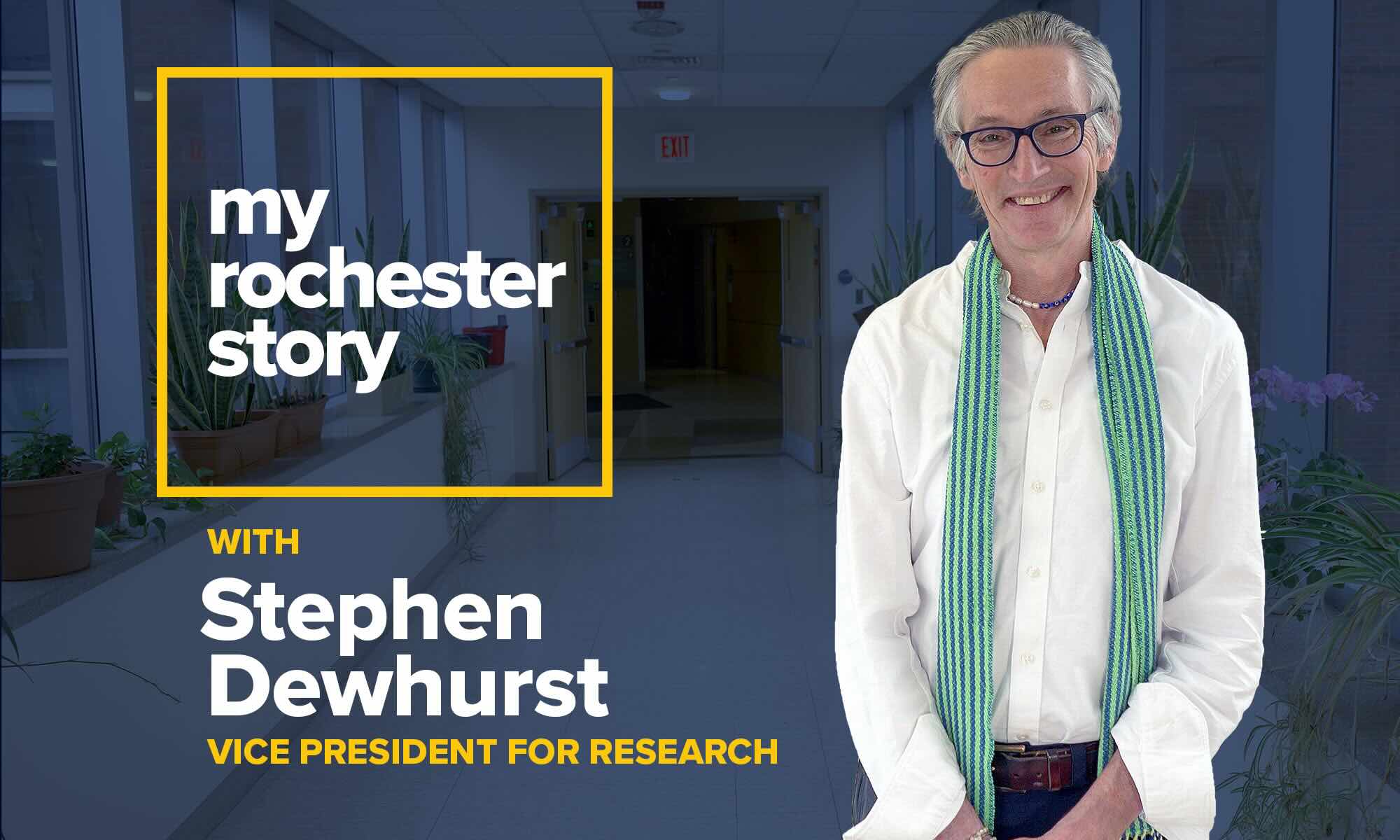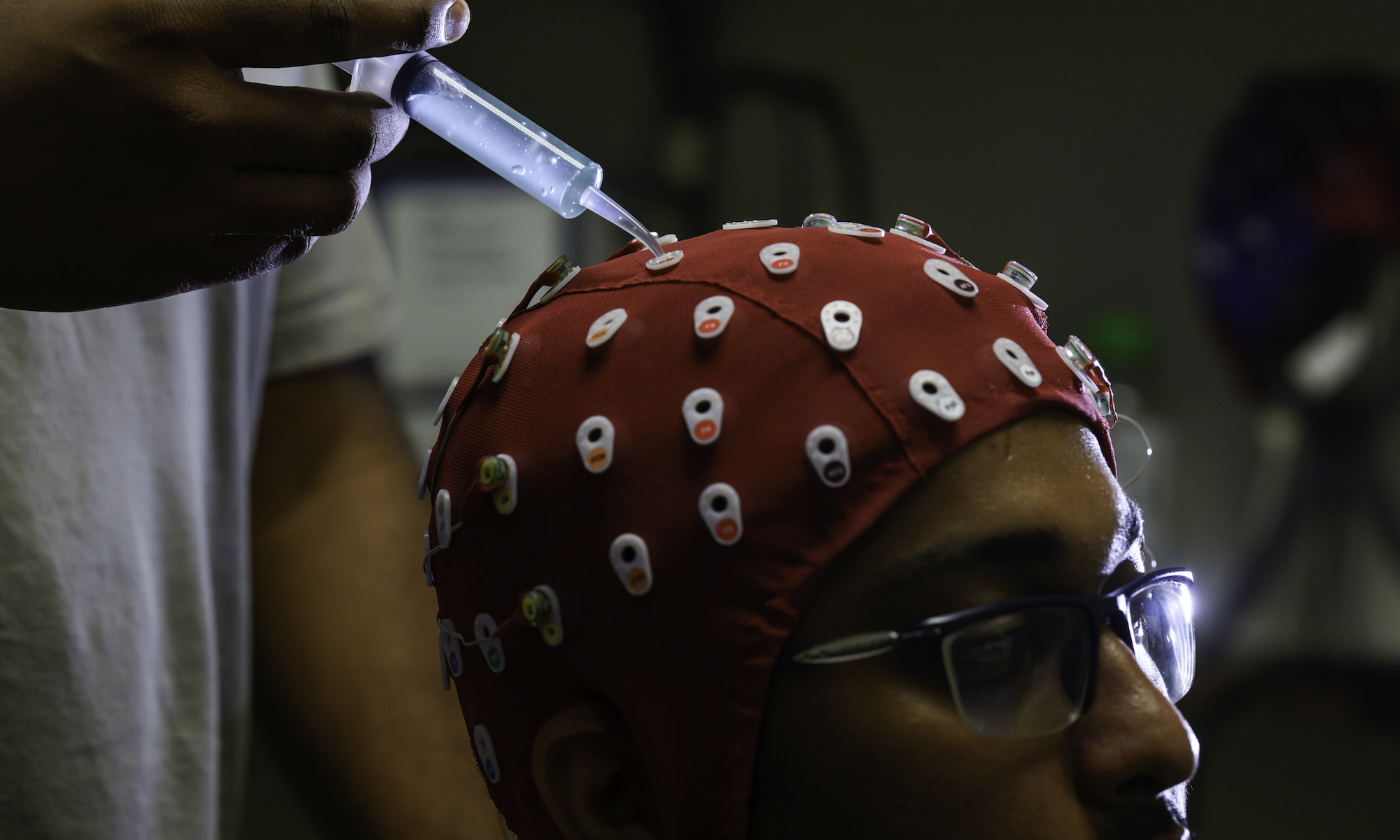Stephanie Venturino first heard a saxophone when she was four years old. Too small to even hold the instrument, she was guided by her parents to learn piano instead. But her dream of studying saxophone had taken root.
She received a saxophone for her 11th birthday and started learning the instrument. Growing up in nearby Palmyra, New York, Venturino became familiar with the Eastman School of Music.
“After I had attended summer camp at the Eastman School of Music, I knew saxophone and Eastman would become part of my musical career,” she says. “I also developed a love for music theory when I was 15 years old, attending classes at the Eastman Community Music School.”
Venturino graduates from the Eastman School this month as a double major in classical saxophone performance and music theory. She’s also minoring in German.
She’s been an active ensemble musician; she is a member of the Highland Saxophone Quartet, the Eastman Saxophone Project, and the Eastman Wind Ensemble. As both a soloist and chamber musician, Venturino has garnered prizes in numerous competitions and has played in venues such as the Kennedy Center in Washington, D.C. and the National Centre for the Performing Arts in Beijing. She is also a candidate for Eastman’s performer’s certificate, an award given for outstanding jury performance.
She reflects fondly on her experiences on Gibbs Street.
“The thing that really stands out most to me about my time at Eastman has been the amazing community that the school offers,” she says. “I’ll always remember coming out of performances with the Eastman Wind Ensemble and having all of the audience members, most of them my classmates, clapping for me even if I didn’t have a big part. Just having that community is something that’s really unparalleled at other music conservatories and something that really encouraged me especially being a part of such a competitive performance field.”
Venturino plans to begin a PhD program in music theory at Eastman in the fall. She hopes to maintain an active performance life while exploring the more academic side of music.
“Eastman really has prepared me to be a 21st-century musician. It provided me with a comprehensive education—not only in how to play my instrument professionally but also in how to apply the head knowledge of theory and music history to my instrument,” she says. “I feel that I’ve come out of Eastman really having the tools to be able to face anything the music world has to offer.”




